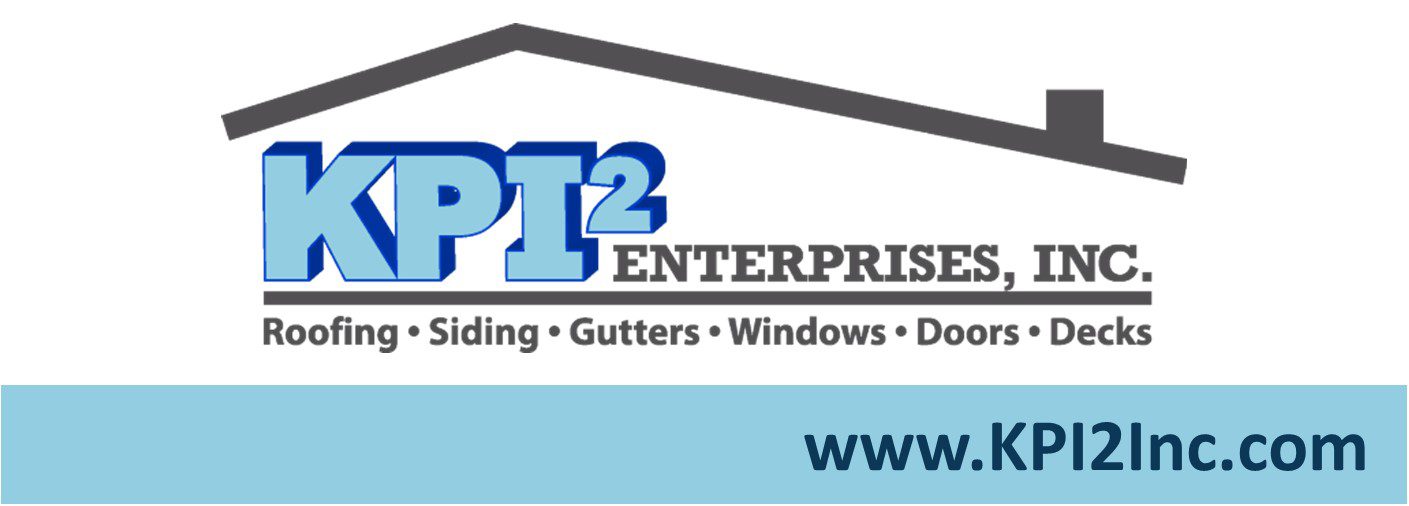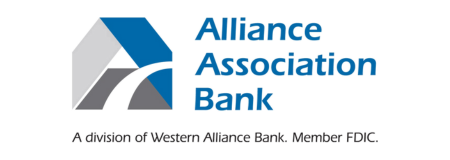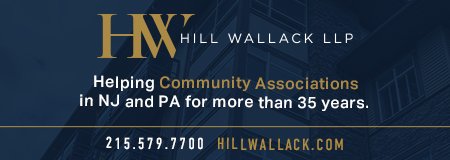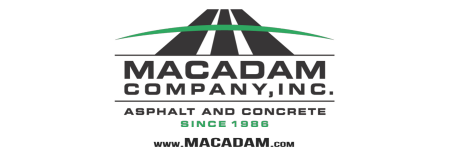EDITOR’S NOTE: A copy of this article appears in the July / August 2023 issue of Community Assets magazine. The PDF copy of the New Castle County Council Common Interest Community Task Force Recommendations referenced in the print edition of the article can be found here.
Delaware has experienced some noteworthy legislative activity at both the county and state level. Below is a brief summary of the activity transpiring over the last few months. This activity has not yet resulted in new laws, but we wanted you to be aware of what is coming in the future.
Building Integrity and Reserve Study
New Castle County, the northern most of the three counties in Delaware, by act of the County Council, empaneled a task force to review and consider issues related to condominiums and other common interest community buildings and structures. By Resolution No. 22-185, the Council created the Task Force in light of the recent collapse of buildings in other states such as Champlain Towers South in Surfside, Florida. The Council also cited to local examples of structural concerns being voiced by residents of New Castle County. The Task Force included members of County Council, residents and numerous industry professionals including members of CAI’s Government and Public Affairs team and several CAI members.
The Task Force began its work in Fall of 2022 and completed a major part of its work this May by publishing the New Castle County Council Common Interest Community Task Force Recommendations, (CLICK HERE FOR A COPY OF THE REPORT). The Task Force made numerous recommendations for changes to both New Castle County Code as well as Delaware State Law and provide proposed draft legislation to accomplish those recommendations. The recommendations include:
1. Structural Inspections. The Task Force recommended mandatory structural inspections and ongoing maintenance for certain residential common interest community buildings. A structural inspection would be required for any building with a primary load bearing system of concrete, masonry, steel or heavy timber and those buildings with structural slabs over unconditioned space. Initial structural inspections would be required for existing buildings within two (2) years of the effective date of a new law or within sixty (60) days of observable damage. New buildings completed after the effective date of any new law would need a structural inspection within fifteen (15) years of occupancy. Thereafter, the schedule for periodic inspections would be determined by a design professional but be no more than ten (10) years after the preceding inspections during the first twenty (20) years of a building’s life, or more than five (5) years if the building is more than twenty (20) years old. Additionally, the design professional must issue a written report listing any corrective maintenance or repairs and also providing additional information necessary to evaluate all concerns.
2. Façade Inspections. The Task Force also recommended mandatory façade inspections for certain residential common interest community buildings four (4) stories or more. An initial façade inspection would be required for existing buildings within two (2) years of the effective date of a new law or within sixty (60) days of observable damage to the façade. If damage is observed which presents an immediate safety hazard, it must be corrected. New buildings completed after the effective date of any new law would need a façade inspection within five (5) years or sixty (60) days after observable damage. Thereafter, the schedule for inspections would be determined by a design professional but be no more than every five (5) years. The design professional must issue a written report describing the condition of the façade and identifying corrective maintenance or repairs.
3. Updated Reserve Standards. The Task Force also recommended changes to the Delaware Uniform Common Interest Ownership Act (“DUCIOA”) to reflect contemporary best practices in the industry. Those changes would expand the requirement for a reserve study to all common interest communities, not just condominiums and cooperatives. The Task Force recommended that common interest communities be required to maintain “adequate reserve funds” based upon a thirty (30) year cash flow projection. The Task Force also recommended that the reserve study include the ongoing cost of updating the study and for both structural and façade inspections. The Task Force also recommended revisions to DUCIOA to make clear a declarant of a developing community must obtain and fund under a reserve study.
It is estimated that New Castle County Council will act upon the Task Force’s proposed County legislation in the upcoming months. As for the Task Force’s proposed state-wide legislation to DUCIOA, it is expected that the proposed legislation will be introduced in the 2024 session. With the Task Force providing its recommendations to New Castle County Council, the first phase of its work is complete. The Task Force is moving forward with a second phase of work, which is to review options and availability of funding for common interest communities to address maintenance, repairs and inspections.
4. Clotheslines
Senate Bill 130, was introduced in the Delaware legislature that would prohibit enforcement of restrictive covenants that prohibit or unreasonably restrict the owner of real property from installing or using a clothesline. The proponents of the Bill argue that the law is needed to conserve energy due to the amount of electric used to dry a load of laundry. This proposed law would not apply to “reasonable restrictions” to protect any of the following: (1) public health and safety, such as ensuring safe access to and rapid evacuation of a building; (2) the buildings from damage; (3) historic or aesthetic values, when an alternative of reasonably comparable cost and convenience is available. The Bill has been assigned to the Elections & Government Affairs Committee. We will continue to monitor the Bill.
Consult your community association attorney for more specific advice based on your community’s individual needs and concerns.
ABOUT THE AUTHOR
Chad J. Toms, Esq. is a Partner with Whiteford Taylor & Preston practicing in the areas of complex business litigation, community associations and business reorganization, frequently handling litigation matters involving common interest communities, corporate governance, fiduciary duty and bankruptcy issues.
Mr. Toms is licensed to practice law in Delaware, New Jersey and Maryland and is also a Certified Public Accountant, currently inactive. He heads up the firm’s Community Association practice in Delaware and the Eastern Shore and manages the firm’s Bethany Beach, Delaware and Ocean City, Maryland offices.
Mr. Toms also serves on the Advisory Council to the Delaware Common Interest Community Ombudsman. He can be contacted at: ctoms@whitefordlaw.com.




















